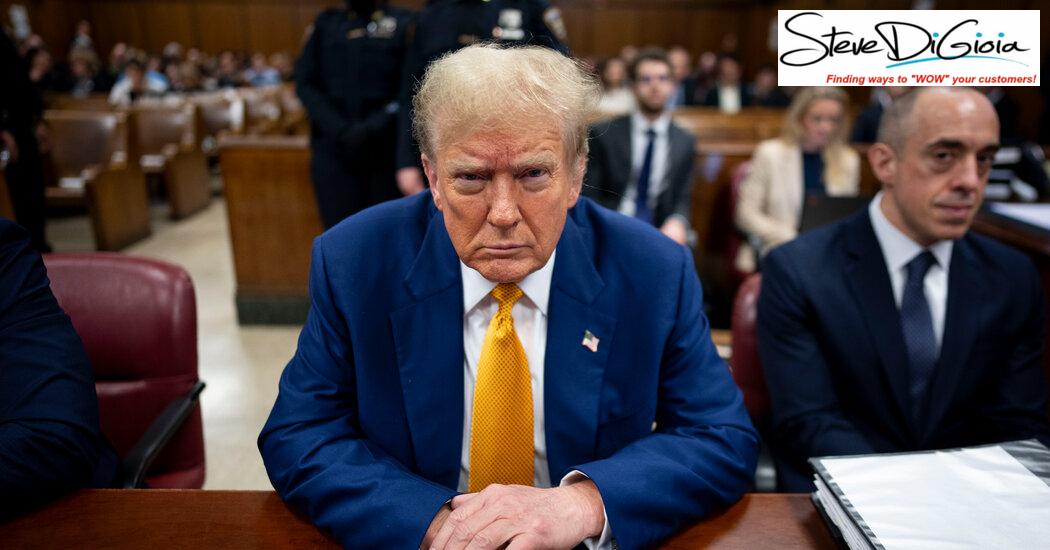New York is buzzing with news as President-elect Donald Trump is set for his sentencing on January 10, 2024, just ten days before he officially takes office. This is a significant event as it marks the first time a president-elect has faced sentencing as a convicted felon. Judge Juan M. Merchan has been at the center of this case, which revolves around Trump’s felony conviction for falsifying business records. Let’s break down what this means and what could happen next.
Judge’s Ruling on Trump’s Case
In a recent decision, Judge Merchan upheld Trump’s felony conviction. He did not grant Trump’s request to dismiss the case, arguing that the Supreme Court’s previous ruling on presidential immunity does not apply here because the evidence involved unofficial conduct, not actions taken in his presidential role. This means that the conviction stands, but the judge hinted at a lenient sentence.
What is an Unconditional Discharge?
One of the most intriguing aspects of this sentencing is the possibility of an unconditional discharge, which the judge seems favorable towards. An unconditional discharge means that while Trump will have a felony conviction, he may not face jail time or any other form of probation. This is a rather rare sentencing option and would allow Trump to start his presidency without the added burden of probation requirements, although he would still technically be a convicted felon.
Timeline and Upcoming Events
As the clock ticks down to January 10, many are watching closely to see the next steps. Trump’s lawyers have been fighting hard on his behalf, trying to get the conviction overturned, but Judge Merchan has remained firm in his rulings. With the sentencing scheduled for 9:30 a.m., Trump is expected to appear either in person or virtually, as he has many responsibilities leading up to the inauguration.
Reactions and Statements
In response to the judge’s decision, Trump’s spokesperson, Steven Cheung, voiced strong criticism, calling the ruling a “violation” of Supreme Court precedents. He mentioned that Trump intends to continue challenging the case, which Trump’s legal team has labeled as politically motivated. They argue that the charges stem from a years-long investigation tied to payments made during the 2016 presidential campaign.
The Legal Path Ahead
As the situation unfolds, it raises the question: what are Trump’s options following the sentencing? Although he may not receive jail time, he does have the right to appeal his conviction. His legal team might head to both federal and Supreme Courts, citing presidential immunity as part of their argument. However, appealing the judge’s ruling might not be possible as an unconditional discharge is often not an appealable matter.
A Unique Moment in History
It’s worth noting just how unprecedented this entire situation is for the U.S. political scene. Donald Trump is the first president-elect to be in such a position, blending politics with a legal battle. This scenario raises a myriad of questions: What does this mean for his presidency? How will this impact the public’s view of Trump as he steps into office? As always, the world will be watching closely.
The Bigger Picture
While many aspects are still unclear, one thing is certain: the upcoming sentencing not only affects Trump personally but also bears wide implications for American politics and judicial practices. The intertwining of political and legal realms may change how future cases involving public figures are handled. As we await January 10th, citizens and legislators alike are eagerly anticipating the next move in this significant chapter of American history.
